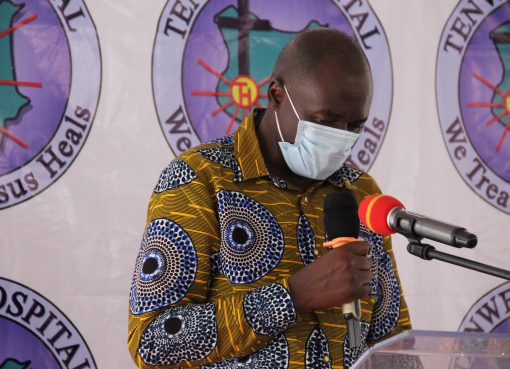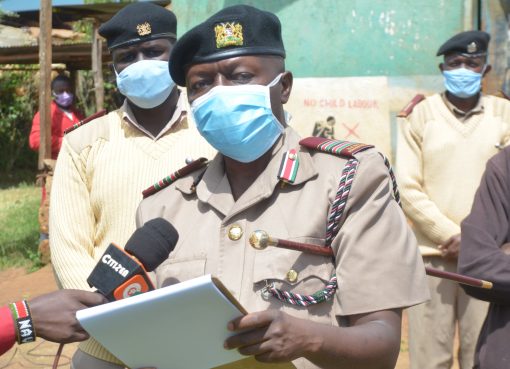Small-scale traders in Migori County have decried an influx of new entrants in the sector by salaried employees who they say are driving them out of business.
They said the hard economic times following lockdown measures after the outbreak of coronavirus has forced many to venture into side hussles to earn an extra income.
The government instituted a raft of public health preventive measures including imposing night curfew and closure of entertainment places a situation which affected the livelihoods of many who heavily depended on those businesses.
Faith Owuor, a fish vendor in Migori town has suffered losses, as people she believes are employed by the government but can’t find something else to do, have taken over the fish business.
“Trouble started when the government announced closure of schools and asked certain groups of civil servants to remain at home due to age or pre-existing health conditions as a measure to tame the coronavirus,” says Owuor.
According to her, some of these employed groups didn’t go for lockdown as government directed but exploited the opportunity to engage in businesses already domiciled by vendors whom she described as having ‘small capital’.
She says, these working groups have invaded and invested heavily in small businesses like fish-mongering, pushing out small businessmen and women who can’t compete with them.
Owuor regrets that nobody is talking about the plight of petty traders who are silently suffering and yet have paid levies to the County Government.
Millicent Akoth, a mitumba (second hand clothes) seller in Migori town agrees that closure of schools and other forms of restrictions imposed by the government to tame Covid-19 has resulted in idleness with others opting for informal commerce.
“It is not surprising to find secondary school teachers selling mitumbas in streets, not because they want or that they do not have money, but they can’t sustain boredom and idleness in their homes,” says Akoth.
Akoth however, avers that these categories of salaried people in business pushed by coronavirus can mess with prices of goods and services in the market.
“My friend was forced to close her baby clothes shop because her customers had discovered a new cheap shopping point within town. It later turned out to be an employed person venturing into similar business,” she added.
Akoth now is now seeking for government interventions to protect certain categories of businesses especially small traders from unhealthy competition.
She says majority of people depend on minor trade in Migori County, a situation which needs maximum protection from the government.
However, according to Dominic* not his real name, a secondary school teacher, he says he was convinced by his wife who is also a secondary school teacher to sell mitumba clothes in Rongo town to ease their developing strained relationship as a result of lockdown.
Dominic was relieved when his wife whom he described as ‘curious’ opted to sell mitumba clothes to break the lockdown monotony.
“My wife questions everything. She asks questions which irritates everyone including my four children who are in secondary school and colleges. This is a unique behaviour which my wife didn’t have before,” quips Dominic.
Further, a spot check done by KNA in Migori, Rongo and Kehancha towns revealed that some male teachers are engaging in boda boda business. Reasons given for this action are varied. Some of them who own motorbikes decided to hit the road to sustain their families rather than remaining idle.
According to ‘Sir Charles’, a teacher as nicknamed by other boda boda riders in Kehancha town, staying at home with his wife and children was the most boring thing ever. He had to find an excuse using his motorbike to bring an extra coin at the end of the day.
By Geoffrey Satia




